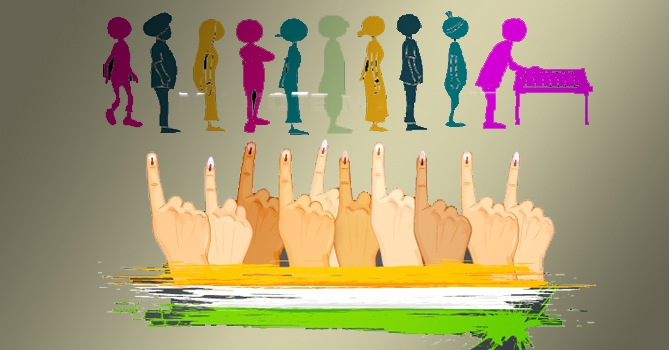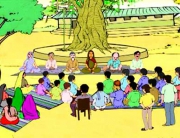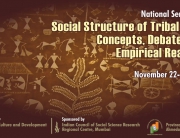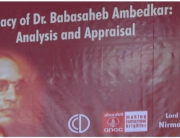Introduction
Discourse on both the democracy and development in India denotes two contradictory points about their assessment, i.e., one, the democracy and development have succeeded; and, two these have failed. This applies to democracy and development when these are dealt with as interdependent or independent of each other i.e., whether they are compatible or not. This unit presents an overview of the assessment of democracy and development in India as two distinct phenomena and also in relation to each other.
Democracy
The assessment of democracy depends on the indices used to indicate or measure it. There are mainly two models of indices regarding democracy – one related to the institutional minimal, procedural democracy; two related to the substantive or effective democracy. The former views democracy in terms of the presence of the institutions of democracy, political parties and other associations or organizations, periodic elections, universal adult franchise, leadership, etc. The latter does not consider the institutional/procedural/electoral democracy as comprehensive indicator of the democracy. The electoral democracy, in fact, is minimalist, which is also marked by a large number of factors which are inimical substantive to democracy. It is rarely concerned with what happens beyond elections, in the social space. Alternatively, the substantive democracy views the phenomenon of democracy in the light of its disegregation and diffusions, redistributive justice, human capabilities and entitlements (education, health, infrastructure, etc.), social capital/associated factors (trust, values, norms), civil society, human rights and dignities, governance (participation, accountability, efficacy, transparency, etc.). These are contingent on development as development in turn is contingent upon democracy. The impetus of the debate on the democracy in India has been on the transition, consolidation and deepening of democracy. The first two issues dominated the debate during the first two decades of democracy in the post-Independence period and the deepening of democracy became an issue of focus in the recent period. The assertion of various identities/new social movements – the process of democratization, have contributed to the project of deepening democracy. But it is dependent on the participation of various communities cutting across the cleavages.
Democracy and Development
The debate on the relationship between democracy and development has dealt with two questions: are they compatable with each other? Or are they inimical to each other?
Democracy is possible if people in a society have the entitlements and possess capabilities which enable them to be part of the democratic process. Freedom, which is an essential ingredient of democracy, promotes development in terms of entitlements and the capabilities of people. Development is also contingent upon democracy.
(Source India: Democracy and Development. IGNOU MPS 3)







Add Comment